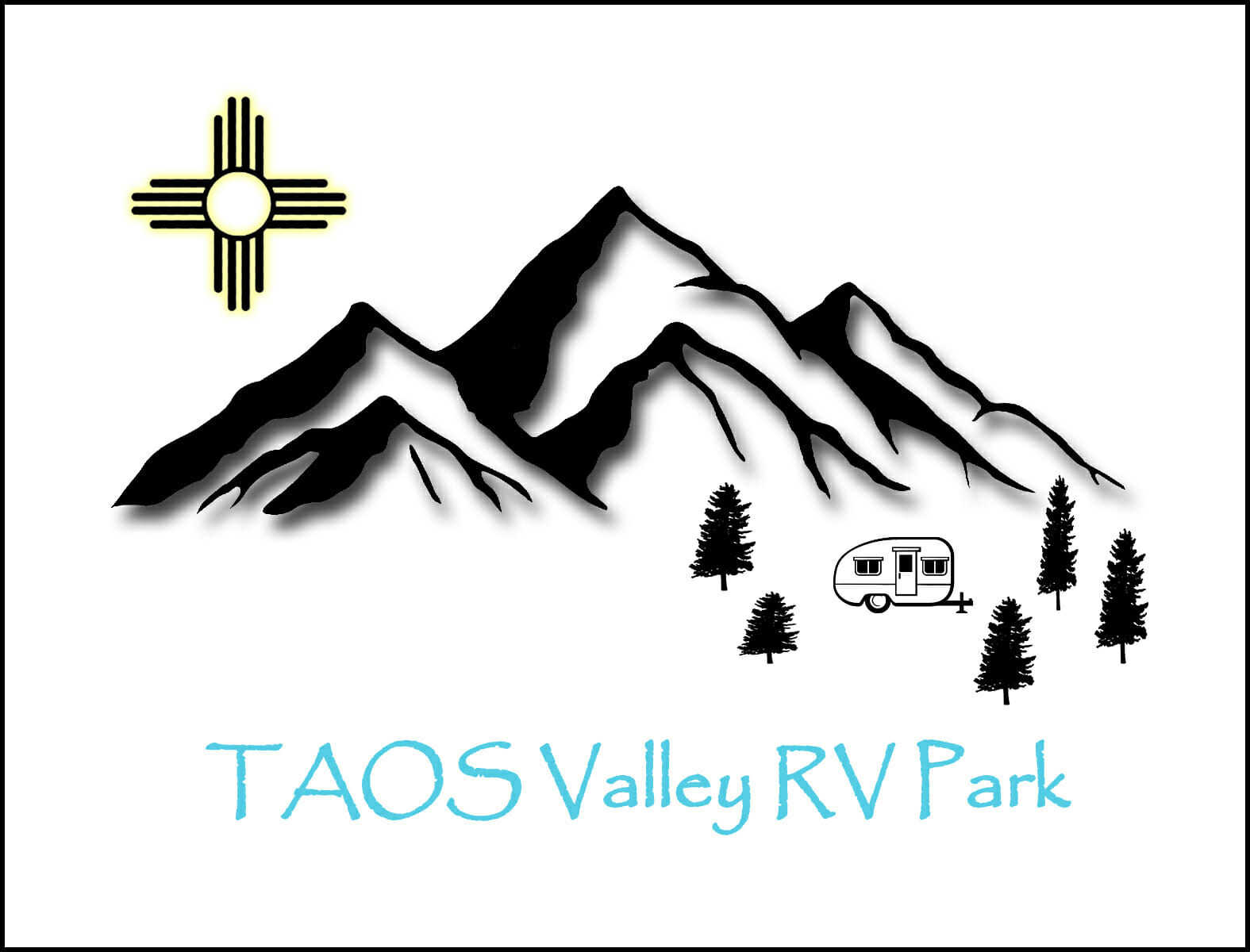How Are You Going to Use It?
Do you plan to use your RV for weekend getaways? How often? Do you want to live in your RV for extended periods of time? Does it need to be able to cover long distances?
RVs are made with a ton of different purposes in mind, and figuring out how you plan to use yours will help you make other decisions about your purchase down the line.
Should It Be Drivable or Towable?
RVs fit into two main categories: drivable RVs (motorhomes or camper vans) and towable RVs (travel trailers, fifth-wheels or pickup campers). Towable RVs can be less expensive, but you’ll need to consider whether you have a vehicle capable of towing it.
Do You Want a New or Used RV?
How much you’re willing to spend upfront will be the main factor you should consider when answering this question. Buying used will be the cheaper option. However, if the used RV has any problems, you might have to pay for repairs out of pocket.
If you buy new, you’ll have full manufacturer warranties, modern floorplans and accessories and a spotless RV without any mysterious history.
Which Brand Is Best?
Some RV manufacturers have been around since the industry began, and they’re still around thanks to the quality of their products. There are dozens of reputable RV brands, however, and just as many that have a less-than-stellar reputation. Do your research and talk to other RV owners to get some insider information about fan-favorite brands.
Does Size Matter?
In short, yes. RV length is an important factor to consider during the purchasing process. Many state and national campgrounds limit the sizes of the RVs they can accommodate, so go for a shorter RV if you plan to stay in these campgrounds. However, if you know you’ll be staying primarily at RV parks, a longer RV is fine.
What’s the Weight?
This factor is especially important if you’ve decided to purchase a towable RV. Make sure the vehicle you’ll be using to tow it is powerful enough to tow it safely. Keep in mind that the RV will be heavier than its manufactured weight once all of your food and belongings are inside of it. Always err on the side of caution and have more pulling capacity than you think you’ll need.
Buy at the Right Time
As with cars, you can benefit from purchasing your RV at the end of the month, quarter, or model year. Dealers tend to want to move as much inventory as possible at these times, which can save you money. If you have time to wait for one of these time periods, do it! And then don’t be afraid to negotiate the price—never pay full MSRP.
Enjoy Your New RV!
Now that you’ve taken all of these factors into consideration, you’re ready to get out there and start shopping! After that, the only thing left to do will be to plan your first trip, hit the road and start exploring.
